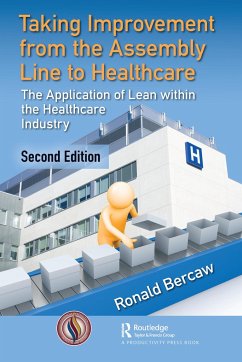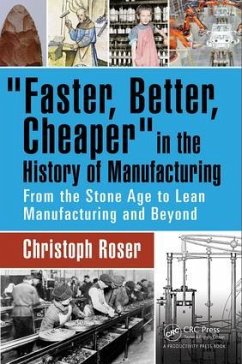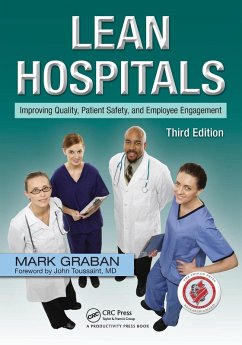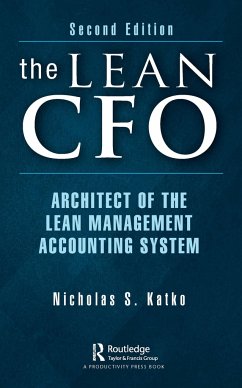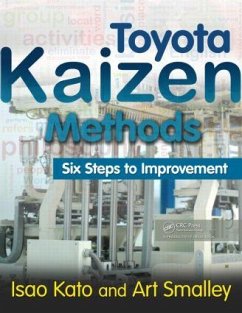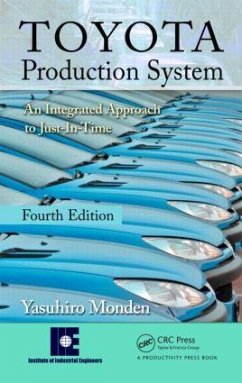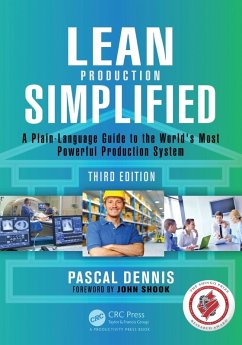
The Practitioner's Guide to POLCA
The Production Control System for High-Mix, Low-Volume and Custom Products
Versandkostenfrei!
Versandfertig in 1-2 Wochen
109,99 €
inkl. MwSt.
Weitere Ausgaben:

PAYBACK Punkte
55 °P sammeln!
POLCA stands for Paired-cell Overlapping Loops of Cards with Authorization. This system combines the best features of MRP and Kanban systems while overcoming their drawbacks for low-volume production. It includes novel features that are specifically designed to enable consistent delivery performance for high-mix/low-volume production. Finally, the crowning aspect of POLCA is that it is simple and yet remarkably effective: it is a visual card-based system that does not require investing in any specialized software, is easily understood by planners, schedulers and shop floor operators, and when ...
POLCA stands for Paired-cell Overlapping Loops of Cards with Authorization. This system combines the best features of MRP and Kanban systems while overcoming their drawbacks for low-volume production. It includes novel features that are specifically designed to enable consistent delivery performance for high-mix/low-volume production. Finally, the crowning aspect of POLCA is that it is simple and yet remarkably effective: it is a visual card-based system that does not require investing in any specialized software, is easily understood by planners, schedulers and shop floor operators, and when properly implemented has resulted in disciplined, smooth operations at many companies.







